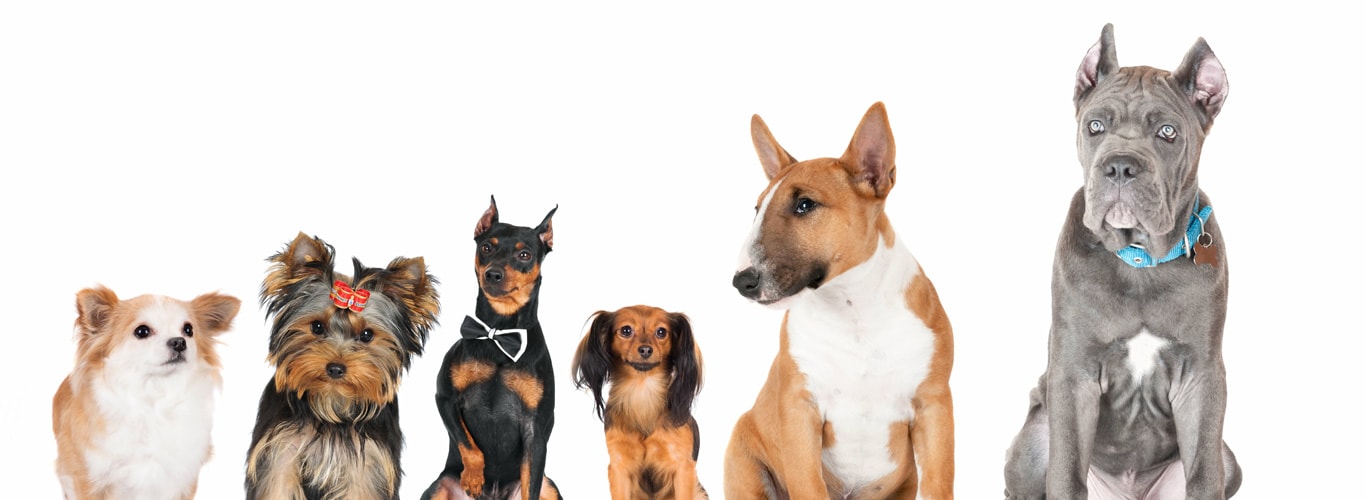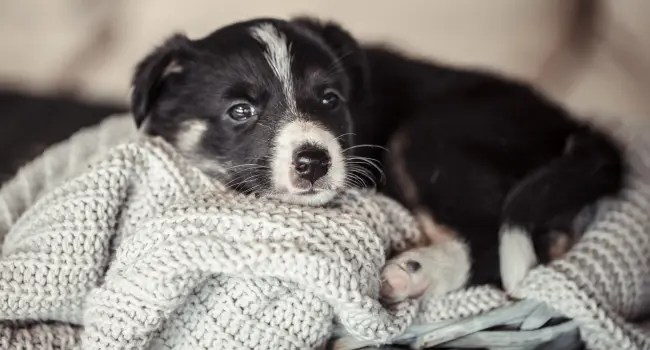

Welcoming a new puppy or kitten into your home is an exciting and rewarding experience. Yet, beyond cuddles and playtime lies a crucial responsibility: socialisation. Without proper exposure to various environments, people, and other animals, young pets may develop behavioural issues, anxiety, or even aggression. Socialisation provides the foundation for a well-adjusted and happy pet.
Let’s explore how early socialisation impacts puppies and kittens, why it’s essential, and how you can implement it effectively for your furry companion.
Socialisation is the process of exposing young animals to different experiences, people, pets, and environments in a safe and positive manner. For puppies and kittens, the critical window for socialisation is typically between 3 and 14 weeks of age. During this time, their brains are most receptive to learning and adapting to new stimuli.
• Reduces Fear and Anxiety: Early exposure helps young pets develop confidence, reducing the likelihood of fearful or anxious behaviour in unfamiliar situations.
• Promotes Good Behaviour: Socialised pets are more likely to adapt well to everyday scenarios, such as visiting the vet, interacting with strangers, or walking on busy streets.
• Prevents Aggression: A lack of socialisation is one of the leading causes of aggression in dogs and cats. Early exposure to positive interactions teaches them to view others as friends, not threats.
• Builds a Strong Human-Animal Bond: Pets that are socialised are more comfortable around people, fostering trust and strengthening their bond with their owners.
1. Enhances Adaptability
Puppies and kittens exposed to different people during their early weeks are more likely to accept handling by strangers, such as veterinarians or groomers. This reduces stress for both the pet and their owner.
2. Encourages Positive Interactions with People
A sudden disinterest in food, especially if your pet is usually an enthusiastic eater, could signal illness. Persistent refusal to eat requires immediate veterinary attention.
• Statistic: According to the British Veterinary Association (BVA), 80% of dog-related behavioural issues are linked to inadequate socialisation.
Increased Thirst: Excessive drinking can indicate issues such as diabetes, kidney disease, or an infection. Keep an eye on your pet’s water intake and note any significant changes.
3. Improves Inter-Pet Relationships Socialisation teaches puppies and kittens appropriate ways to interact with other animals. For example, a puppy learns how to play without being too rough, and a kitten learns how to share space without resorting to aggressive behaviour.
• Pets introduced to others early are less likely to develop territorial tendencies or fight over resources.
4. Prepares Pets for Everyday ExperiencesCommon experiences like car rides, meeting delivery people, or hearing fireworks can be overwhelming for unsocialised pets. Early exposure ensures they remain calm and composed during such events.
Socialisation doesn’t have to be complicated. Follow these steps to ensure your young pet grows into a confident and well-adjusted companion:
1. Start Early: Begin socialisation as soon as your vet confirms your pet’s vaccinations are up-to-date.
2. Introduce New Environments Gradually: Expose them to different settings like parks, markets, and busy streets while ensuring their safety.
3. Encourage Gentle Interactions: Allow them to meet new people and animals in a controlled manner. Supervise all interactions to avoid overwhelming or scaring your pet.
4. Use Positive Reinforcement: Reward good behaviour with treats or praise. This reinforces positive associations with new experiences.
5. Expose Them to Sounds and Textures: Play recordings of household noises (e.g., vacuum cleaners, doorbells) or let them explore different surfaces like grass, tile, and sand.
6. Join a Puppy or Kitten Socialisation Class: These provide a safe environment for young pets to interact under expert supervision.
• Overwhelming Your Pet: Introducing too much too soon can backfire. Take it slow and watch for signs of stress, such as cowering, growling, or hiding.
• Skipping Early Socialisation: Missing the critical socialisation window makes it harder to correct behavioural issues later.
• Neglecting Training: Socialisation and training go hand in hand. Teach basic commands or cues alongside social exposure.
Consider two dogs: one exposed to new experiences during puppyhood and another raised in isolation. The former confidently greets visitors, walks calmly on a lead, and enjoys family outings. The latter struggles with fear, barks excessively, or avoids people altogether. The difference lies in early socialisation.
Cats, too, benefit significantly. A kitten introduced to handling and noises becomes a calm adult cat that purrs during vet check-ups instead of hissing.
Socialisation is an investment in your pet’s future. A well-socialised puppy or kitten grows into a confident, friendly, and adaptable companion, enriching your life and theirs.
At Eden Pets Care, we understand the importance of early socialisation. Our professional services include training support, behavioural guidance, and expert care tailored to your pet’s needs. Give your furry friend the best start in life—explore our services today!
Contact Us Now to learn how we can help your pet thrive.